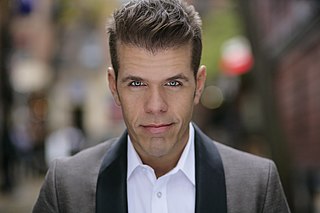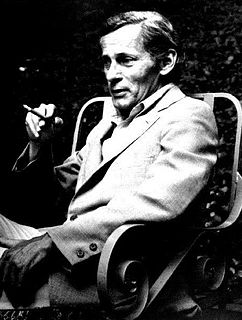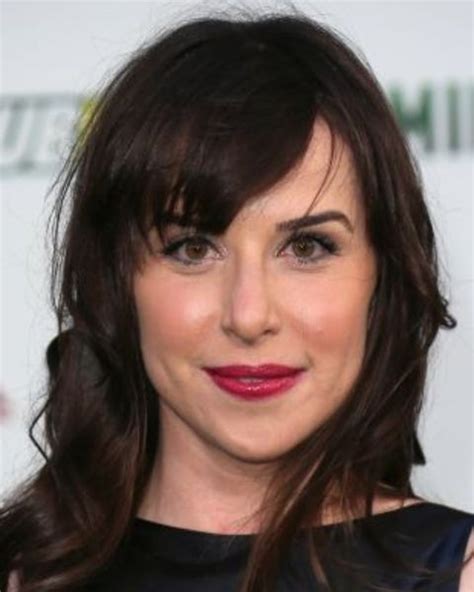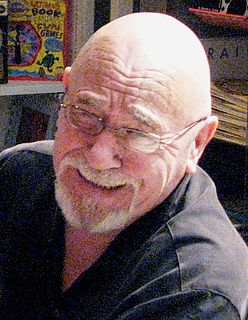A Quote by Greg Mottola
It's like I'm thin skinned, I guess, but I thought I could never write about my youth for the longest time. It took getting to my forties before I could even look back on it.
Related Quotes
I think about life and death a lot. For the longest time I thought this was it, but then I thought maybe reincarnation does exist and we will all come back. My new thought is either of these could be true, but realistically what is going to happen is when you are dead you are not going to know you are dead, so it's not the end of the world.
When I used to go to the Manhattan Chess Club back in the fifties, I met a lot of old-timers there who knew Capablanca, because he used to come around to the Manhattan club in the forties - before he died in the early forties. They spoke about Capablanca with awe. I have never seen people speak about any chess player like that, before or since.
He wanted to care, and he could not care. For he had gone away and he could never go back anymore. The gates were closed, the sun was down, and there was no beauty left but the gray beauty of steel that withstands all time. Even the grief he could have borne was left behind in the country of youth, of illusion, of the richness of life, where his winter dreams had flourished.
I thought I could capture the stories of the city on paper. I thought I could write about the horrors of the city. Horror stories you see. I tell you I didn't have to look far for material. Everywhere I looked, there were stories hidden there in the dark corners. . . . I wrote and still there were more. . . . No one would publish them. 'Too horrible,' they said. 'Sick mind,' they said. I thought I could write about the horrors of the city but the horror is too big and it goes on forever.
I believed even then that if I could transform my experience into poetry I would give it the value and dignity it did not begin to possess on its own. I thought too that if I could write about it I could come to understand it; I believed that if I could understand my life—or at least the part my work played in it—I could embrace it with some degree of joy, an element conspicuously missing from my life.
That was Youth with its reckless exuberance when all things were possible pursued by Age where we are now, looking back at what we destroyed, what we tore away from that self who could do more, and its work that's become my enemy because that's what I can tell you about, that Youth who could do anything.
I wrote about a bird that cleaned a crocodile's teeth. The story was so good that my teacher could not believe that a ten-year-old could write that well. I was even punished because my teacher thought I'd lied about writing it! I had always loved to write, but it was then that I realized that I had a talent for it.
I think it just has to do with getting older and getting better at what it was I was doing, and that I could take something small and kind of take my time with it. I think actually what that has to do with is I quit drinking. Before that I told myself I could only drink if I was - if I was writing, I had to be drinking. So I was on a timer, because eventually you get too drunk to write.




































